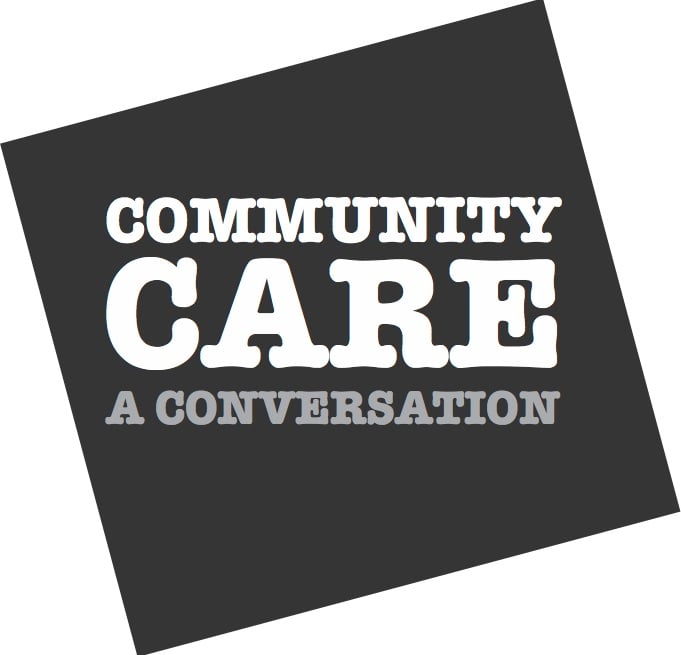There is an opening and a flow right now in the conversation on care. People are talking about this everywhere I go. It’s as if a dam has broken; the conversation is rushing in like waves. Everyone has an energized opinion, a poignant perspective, a digging question, a heart-felt experience to share, to push up against, to rally around. Community care, self care, our movements, our bodies – there’s so much at stake. No wonder things are getting heated. This is a really important conversation about our capacity to survive and thrive, individually and collectively.
In response to this rising tide of conversation, Organizing Upgrade is now launching a Community Care Channel. This is a conversation. We are not trying to estabilsh a hard truth but rather open up a fluid discourse between comrades so that we can engage across lines in order to lift us to new openings.
This is not the only conversation that is happening about the role of carein our movements. It is certainly not the beginning, and it can’t be the end of the conversation. All of us have been thinking and talking about these issues, and we have been working out and living this conversation in practice. This conversation is ongoing, but there is a strongly voiced hunger for this conversation right now. One part of that conversation is a string of essays that started here on Organizing Upgrade.
In July 2011 I, with the help of many allies, wrote Communities of Care: Organizations for Liberation which put a call out to “Move the conversation from self-care to community care…from individual to collective. From independent to interdependent.” In particular, I called upon our organizations “to switch our thinking to include well-being in our work for justice.”
A year and half later, B. Loewe’s essay An End to Self-Care added “At the core, and when at it’s best, the conversation of self-care is seeking an answer to the question, ‘What must be done so that each one of us can maximize our participation in efforts that move us toward a world where we are more free?’” His controversial piece initiated brilliant responses from Adrienne Maree Brown, Leah Lakshmi Piepzna-Samarashina, Subhash Kateel and more.
Adrienne Maree Brown wrote that our transformative work “includes self-care. or perhaps more precisely, self-determined care. because the messages we receive are that our lives don’t matter, that we don’t deserve love, or even to exist. to choose instead to value ourselves, our health, and the health of our communities – all as one, not at odds with each other, is radical, it’s self-determination.”
And Leah Lakshmi Piepzna-Samarashina fiercely reminded us that we must reframe all of this through the lens of working-class and disability justice. “This is the kind of movement I want to be part of. I want movements to embody a disabled, working class, brown sustainability that celebrates femme organizer genius. We deserve nothing less. And us – disabled, working class, femmes of color- have been creating these kinds of movements for a long time.”
Subhash Kateel responds with Care is the Core of Change where he states “But true care, whether it is self-centered, community-centered or family-centered is something we should assume is part of change work.”
This week we are publishing these responses, and – over the next six months – we will be inviting folks who are immersed in these questions to share their thoughts and move the dialogue forward. We will explore the questions: What do communities of care look like? What does it mean to be whole in movement spaces? What does community care in action look like historically and today? Together we will continuing to advance this conversation.
We are called to take care of each other. That is why we do the work we do. And we must take care of ourselves to survive. Many of us have to fight for that care. The balance and understanding between individual and collective well-being is complex. There was a huge response to my article from 2011. So many folks wanted to keep the conversation going, but I was not sure how to help that move forward – online or in community. But you did! You kept the conversations going in your hearts, bodies, minds, work and communities. And now with this resurgence of great thought-provoking writing, we can keep it going together.
